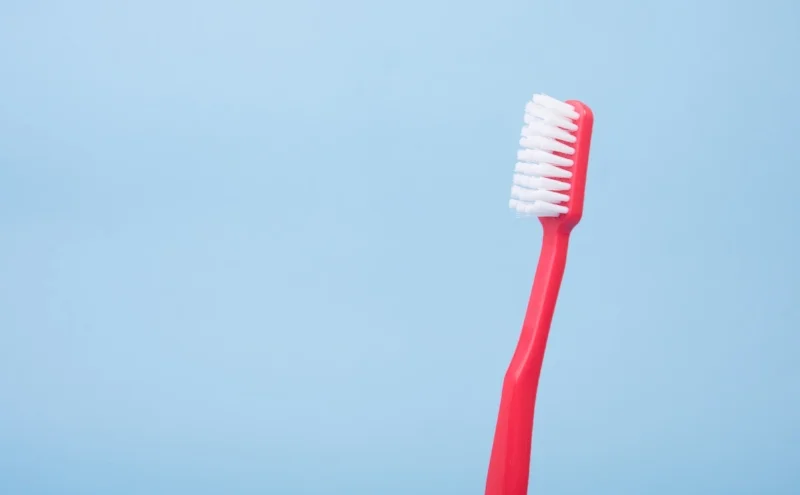Whereas nutrition and fitness best practices involve changes to your daily routine, health best practices sometimes involve setting monthly and yearly schedules. The phrase “take your meds and brush your teeth” is used here as a place-holder for the best practice of getting the finest medical and dental care you can afford and keeping the recommended schedule for preventive medicine tests and examinations. The basic minimum for achieving that involves taking all prescribed medicines and brushing one’s teeth daily.
The statistics are startling, but true: many people do not take the medications prescribed to them. In the Mayo Clinic proceedings of April 2011, it was reported that approximately 50% of patients do not take the medications they are prescribed. Whether this specific estimate is accurate or not, most medical practitioners understand that they cannot assume their patients have taken it at all or have taken it correctly. A simple best practice: take medicines as prescribed. Establishing this habit can be as easy as using a “pill organizer” labeled with the days of the week.
Dentists recommend brushing your teeth at least twice daily, so in that sense brushing your teeth is like taking your prescribed medications. Of course you should, and, really, how difficult is it to do? Yet for many these are difficult habits to establish. This habit is so important that the American Dental Association has a website (part of mouthhealthy.org) with video instructions. As with fitness activities, establishing a regular time and place with predictable cues and rewards generally makes sticking with habits easier.
To get the most from modern medicine you need to stay in touch with your family doctor or the person most familiar with you, your health needs, your health history, and your health goals. The same thing is true of your dentist. A habit that can make this more likely is to write the dates and times of your next appointments and look at them every day as a reminder.



